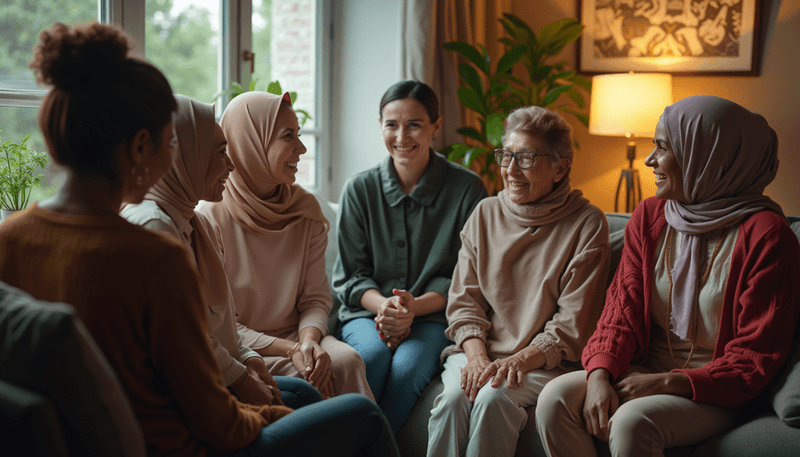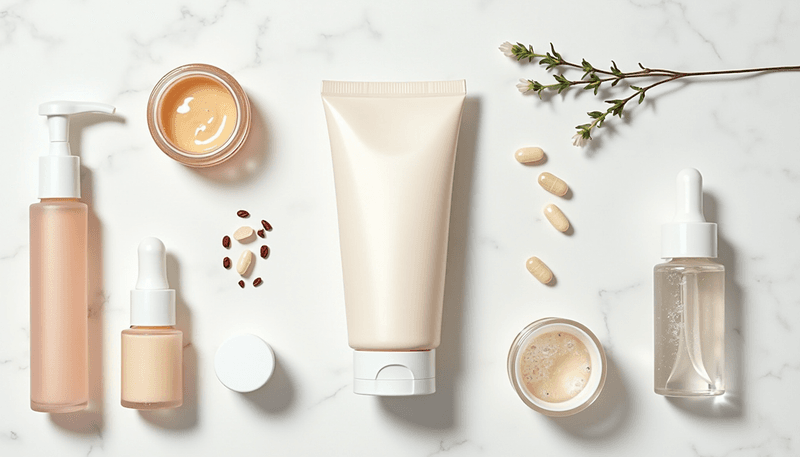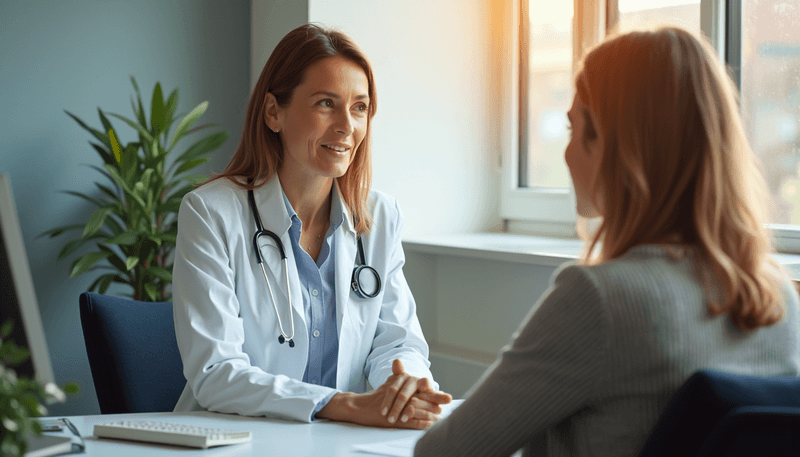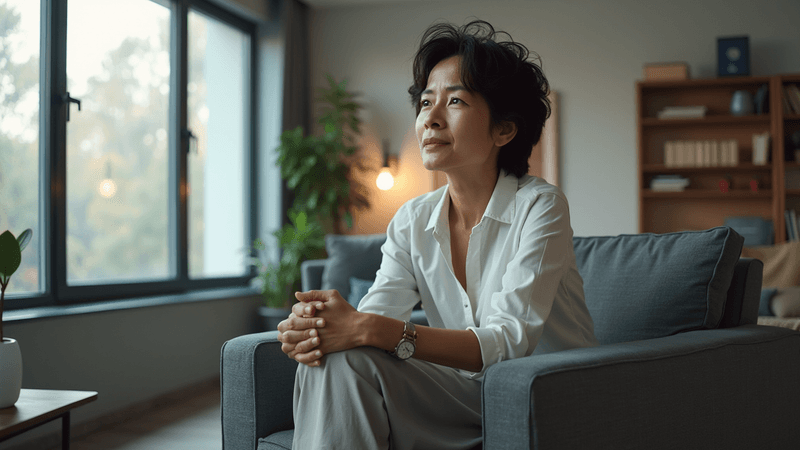New Hope for Breast Cancer Survivors

Living through breast cancer treatment is a victory, but for many survivors, the journey doesn't end there. Up to 70% of breast cancer survivors face intimate health challenges that often go unspoken. A comprehensive review published in Pharmaceuticals reveals promising treatment options for genitourinary symptoms in breast cancer survivors, offering new hope for women seeking solutions.
Safe and Effective Non-Hormonal Options Come First
The foundation of treatment starts with approaches that don't involve hormones. Think of your vaginal tissue like a delicate garden - it needs the right environment to thrive. Non-hormonal moisturizers and lubricants act like a gentle watering system, providing comfort without affecting hormone levels.
"Have you been hesitant to discuss intimate health concerns with your healthcare provider?"
Key non-hormonal treatments include:
- Regular use of vaginal moisturizers (not just during intimacy)
- Water-based lubricants with specific characteristics (osmolarity <1200 mOsm/kg)
- Hyaluronic acid preparations
- Vitamin D and E supplements
- Probiotics for vaginal health
Revolutionary Physical Therapies Show Promise
Physical treatments like laser therapy are emerging as game-changers. Imagine your vaginal tissue as a piece of fabric - over time, it can become thin and less elastic. Laser therapy works like a gentle rejuvenating treatment, helping to restore tissue health without hormones.
Research highlights three main approaches:
- CO2 fractional laser
- Erbium laser
- Radiofrequency treatments
"What would it mean for your quality of life to find a solution that truly works?"
Studies show these treatments can significantly improve symptoms with minimal side effects, though they may need periodic maintenance sessions.
Targeted Hormone Treatments: Breaking Down the Facts
When non-hormonal options aren't enough, low-dose local hormone treatments might be considered. This is like applying moisture directly to a dry plant rather than watering the entire garden - targeted and specific.
Important findings about local hormone therapy:
- Ultra-low dose estrogen preparations show minimal systemic absorption
- Prasterone (DHEA) offers a novel approach
- Regular monitoring helps ensure safety
- Individual risk assessment is crucial
"Did you know that many women face similar challenges but don't realize treatment options exist?"
Key safety considerations include:
- Regular follow-up with healthcare providers
- Monitoring of hormone levels when necessary
- Open communication about any changes or concerns
- Understanding personal risk factors
Personalizing Your Treatment Journey
Every woman's experience is unique, and treatment plans should reflect this. Like a fingerprint, your combination of symptoms, medical history, and preferences will guide the best approach for you.
Steps to create your personal plan:
- Document your symptoms
- Discuss options with your healthcare team
- Start with non-hormonal treatments
- Monitor progress and adjust as needed
The science is clear - you don't have to accept discomfort as your new normal. Whether through non-hormonal options, physical therapies, or carefully monitored hormone treatments, solutions exist.
Take the first step today by scheduling an appointment with your healthcare provider to discuss your symptoms and treatment options. Your quality of life matters, and help is available.

Amelia Grace Okonkwo
Amelia Grace Okonkwo is a freelance health writer and author with over 15 years of experience in health journalism, specializing in women's health and autoimmune disorders. With a background in biology and a Master’s in Public Health from Johns Hopkins, she combines scientific accuracy with a storytelling approach to make health information accessible and empowering. Amelia is known for her bestselling book, "The Skin We're In," which explores autoimmune disorders and their impact. She is passionate about delivering practical health insights for women, addressing topics from midlife wellness to mental health.







